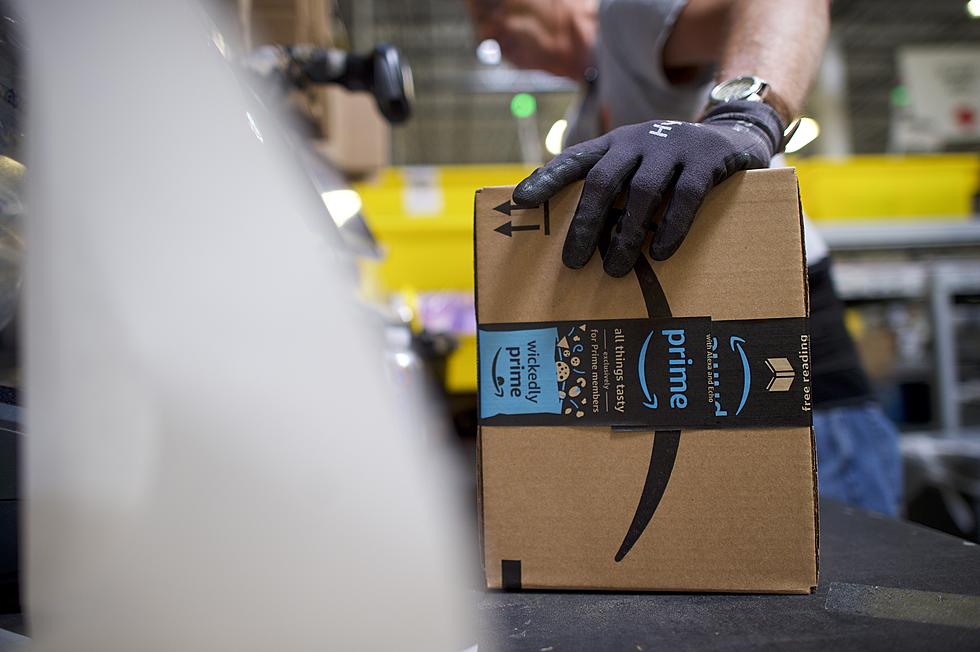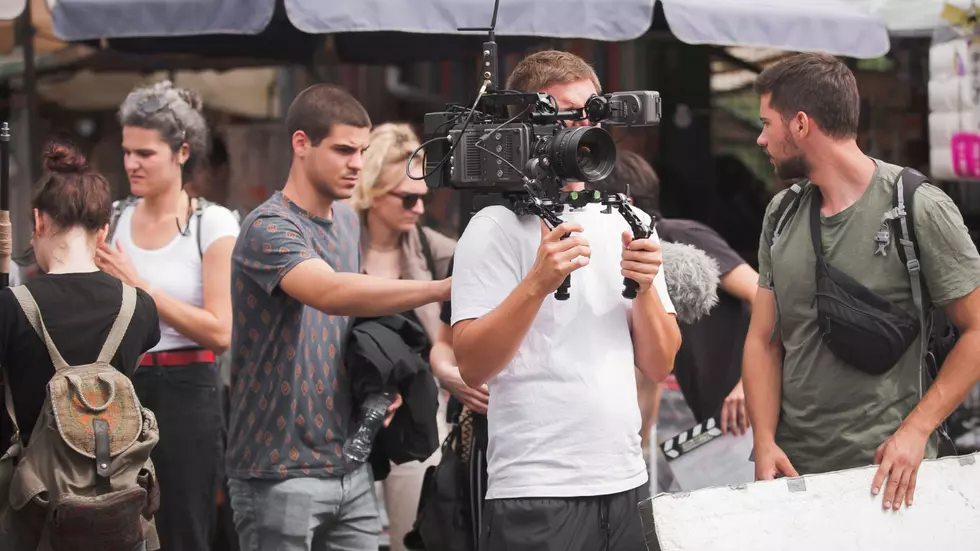
Because We’re in the Future Now, A.I. Is Starting to Choose Our Movies for Us
Growing up means realizing that we don’t live in the Jetsons’ version of the future, with instant meals and flying cars, but one that’s run by data and analytics. Hollywood has been inching into the data game, as companies develop software that has the ability to use information from a screenplay or a trailer to predict box office ticket sales. In the future, robots might be choosing our movies for us. It’s already happening now.
An article in Fortune details the developing technology from startups like Epagogix, ScriptBook, Pilot, and Vault, an Israel-based company that uses artificial intelligence to predict ticket sales. They plugged numbers from 30 years’ worth of box office data into the computer, which is now generating predictions of how well certain movies from this year will do in theaters. Here are a few predictions from the great-grandparent of HAL-9000:
- BAYWATCH
$21.58m on 3,500 screens - DIARY OF A WIMPY KID: THE LONG HAUL
$17.3m on 3,400 screens - ROUGH NIGHT
$15.6m on 3,000 screens - SNATCHED
$13.3m on 3,000 screens
Algorithms can use inputs like Amy Schumer’s popularity to project ticket sales. - ATOMIC BLONDE
$9.2m on 2,900 screens
The software isn’t perfect, and didn’t even come close to predicting the incredible numbers Get Out accrued (it underestimated the social media buzz), but it’s getting increasingly better with the big studio movies. It predicted a domestic opening of $16.1 million for Life, which ended up with $12.5 million. Even though it’s off by almost $4 million, that’s still really close. Studios are also building their own in-house software to do the same thing.
Netflix and Amazon and even YouTube have been doing this kind of thing for a few years. Netflix jealously hoards its user data, but it’s common knowledge that a heck of a lot of tech is going into generating predictions for subscribers. Those “Top Picks” and “Because you watched ___” sections are the product of millions of dollars of software running certain shows and movies through analytics programs and picking out which ones are the most similar to something you just watched.
All of your tastes are being recorded and processed and sent off in little packages for people behind the scenes to study so they can replicate a formula that suits the broadest possible audience. Hopefully this doesn’t mean a future in which all movies are exactly the same, and it probably won’t stop folks from telling weird and original stories. Don’t be afraid to take a chance on something you aren’t 86.4% positive you’ll enjoy. You very well might hate it, but, then again, you might not.
More From B105








